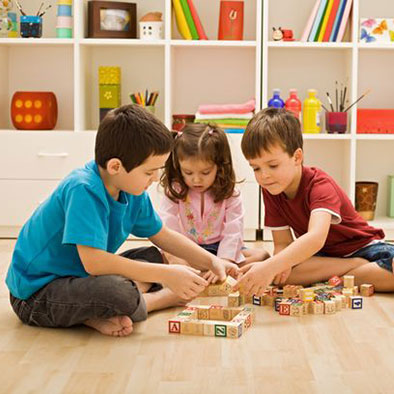
Social Skills Groups at Our Center
Our center offers group programs aimed at fostering socialization, building successful relationships with others, and boosting self-confidence.
By cultivating essential skills, participants learn to communicate and interact more effectively within group settings, helping them develop a healthy personality.
These groups consist of 2 to 5 individuals, selected based on three main criteria: age, social skills, and cognitive level.
The program is structured and conducted in a safe and supportive environment for the child, providing a sense of security and trust. The ultimate goal is to transfer these skills to broader, real-world settings.
The groups focus on enhancing communication skills (verbal and non-verbal), improving the ability to listen to others, recognizing emotions and developing empathy, learning how to function within a group, introducing themselves, following social rules, and effectively solving problems.
Social Skills Enhancement Group for Children
This group is designed primarily for children who experience difficulties with social interaction, have low self-esteem, exhibit a strong competitive spirit, demonstrate poor empathy, lack social and communication skills, or struggle to integrate into and follow group dynamics.
These goals are achieved through role-playing, creative and cooperative games, as well as activities focused on following rules, accepting defeat, and managing their emotions.
Through the sessions, the following will be addressed:
- Initiating and responding to greetings
- Functional play
- Cooperative play with peers
- Initiating and maintaining conversations
- Staying on topic during discussions
- Understanding the intentions of the conversational partner (interpreting non-verbal and social cues)
- Developing empathy
- Using appropriate body language
- Accepting rejection or denial
- Recognizing emotions
- Intervention strategies for managing negative emotions
- Demonstrating flexibility
- Active listening skills
- Sharing personal belongings
- Following instructions
- Practicing patience
- Respecting boundaries
- Role-playing hypothetical social scenarios (e.g., at a bakery, café, supermarket, etc.)
- Appropriate voice modulation
- Problem-solving and conflict resolution skills

